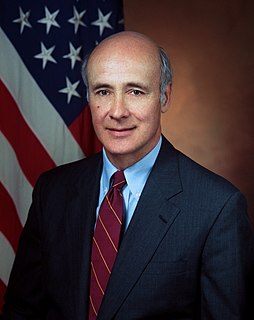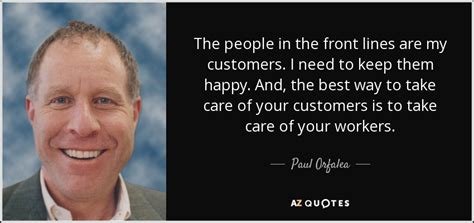A Quote by Bobby Kotick
We like people with the potential to be leaders of leaders, not managers of managers.
Related Quotes
The important word there is inspire. The key difference between managers and leaders is that managers tell people what to do, while leaders inspire them to do it. Inspiration comes from three things: clarity of one's vision, courage of their conviction and the ability to effectively communicate both of those things.
One might think of investment managers as astronomers and CEOs as astronauts. The two roles are radically different with distinct personality traits. Like astronomers, investment managers tend to be introverted, skeptical, and very analytical. CEOs, like astronauts, are the exact opposite, typically being extroverts, optimists, and, well, leaders.
Most people think of leaders as being these outgoing, very visible, and charismatic people, which I find to be a very narrow perception. The key challenge for managers today is to get beyond the surface of your colleagues. You might just find that you have introverts embedded within your organization who are natural-born leaders.
Leaders are active instead of reactive, shaping ideas instead of responding to them. Leaders adopt a personal and active attitude toward goals. The influence a leader exerts in altering moods, evoking images and expectations, and in establishing specific desires and objectives determines the direction an organization takes. The net result of this influence is to change the way people think about what is desirable, possible, and necessary. In other words, leaders are visionaries and managers operate within those established visions.

































